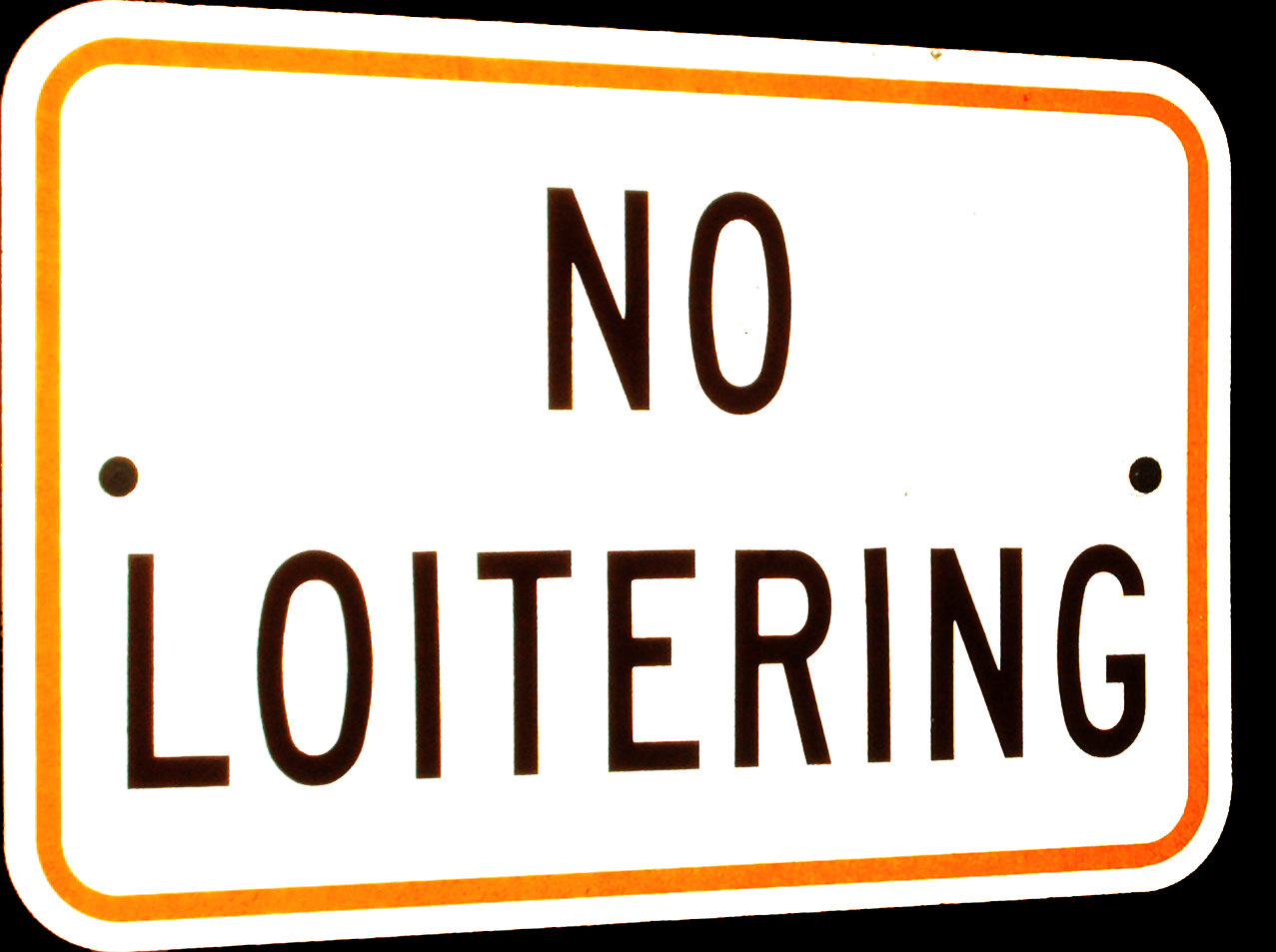Zoning Out the Homeless People

Approximately 1% of the United States population is homeless. Do you see them? Fundamentally, the causes of homelessness are financial insufficiency or physical and mental disabilities. 300 million people go about their day, paying little or no attention to the suffering and injustice all around them, and trust the government would handle the situation.
Locally, citywide bans on things that homeless people do are on the rise. Laws placing restrictions on loitering, panhandling, resting or sleeping in public have increased nationwide since 2009. One in ten cities nationwide have passed laws prohibiting residents from handing homeless people food, 53% of American cities prohibit sitting or lying down in certain public places, and 43% of cities prohibit someone from sleeping in their car. Initially we ignore homelessness, and now more and more cities are making it illegal. Is this a long-term resolution? Do cities have the manpower to enforce these new laws?
Tampa has “zoned out” homeless people with a zero-tolerance decree by the city officials. Zoned out human beings? It turned out that homeless people were considered “bad for business” and presented a negative image. An inviting downtown park recently spent $32,784 of the taxpayer’s money to put up a tall metal fence with pad locks on every gate and a sign warning “NO TRESPASSING KEEP OUT.” That same week, volunteers who after years of feeding homeless people in another park were arrested for it.
A handful of cities have tried setting up “safe zones” or sanctioned homeless encampments that provide access to sanitary facilities, social services and security, but it’s unusual and costly for a state to do so. Phoenix and Utah gave free homes to a limited number of homeless families in 2005. Now the programs are going bankrupt and the locations are condemned. The pace of new affordable housing development is not keeping up with demand. An important question remains unanswered, “Where should people go while the number of homeless people outstrips the number of homes and shelter beds?”
Portland, Oregon, and Seattle allowed legal camping, but struggled with safety issues, just as Honolulu did when it set up a camp in the early ’90s that had to be shut down by police. Honolulu is currently considering passing a law to criminalize homelessness. Zero tolerance of homelessness and suffering? The bustling business areas of Miami have designated “No Panhandling Zones,” arresting offenders. A town in Connecticut passed a regulation banning homeless people from occupying local motels which served as emergency shelters.
Exclusionary zoning policies have played their part in limiting housing opportunities for our neighbors with no permanent housing. By restricting property uses, zoning incidentally impedes low-income housing opportunities and, thus, stands in the way of a solution to homelessness. Zoning regulations are enacted by the local legislative body and enforced by local officials. A city’s zoning power is derived from a grant of power through an enabling act commonly found in state statures, which transfers these powers to the municipality. Zoning is a function of the state’s police power, created to protect the health, safety, morals and general welfare of its citizens.
When economic regulations thwart the operation of free persons to produce and control property, prices rise and quality usually falls. Without freedom to pursue economic opportunities, poor Americans are resigned to live at the tax payers expense, and the taxpayers must support the poor at a higher cost because the regulations have caused prices to rise. It’s a vicious cycle.
The homelessness issues are complicated. We need to: impact litigation, increase policy advocacy, and continue public education. Zoning is a governmental function, carried out through boards made up of elected officials. To help our goal to end homelessness you need to vote and write to your officials.

We'd like to hear your thought and ideas. Leave a private suggestion or comments at [email protected].


Read more

Read more



